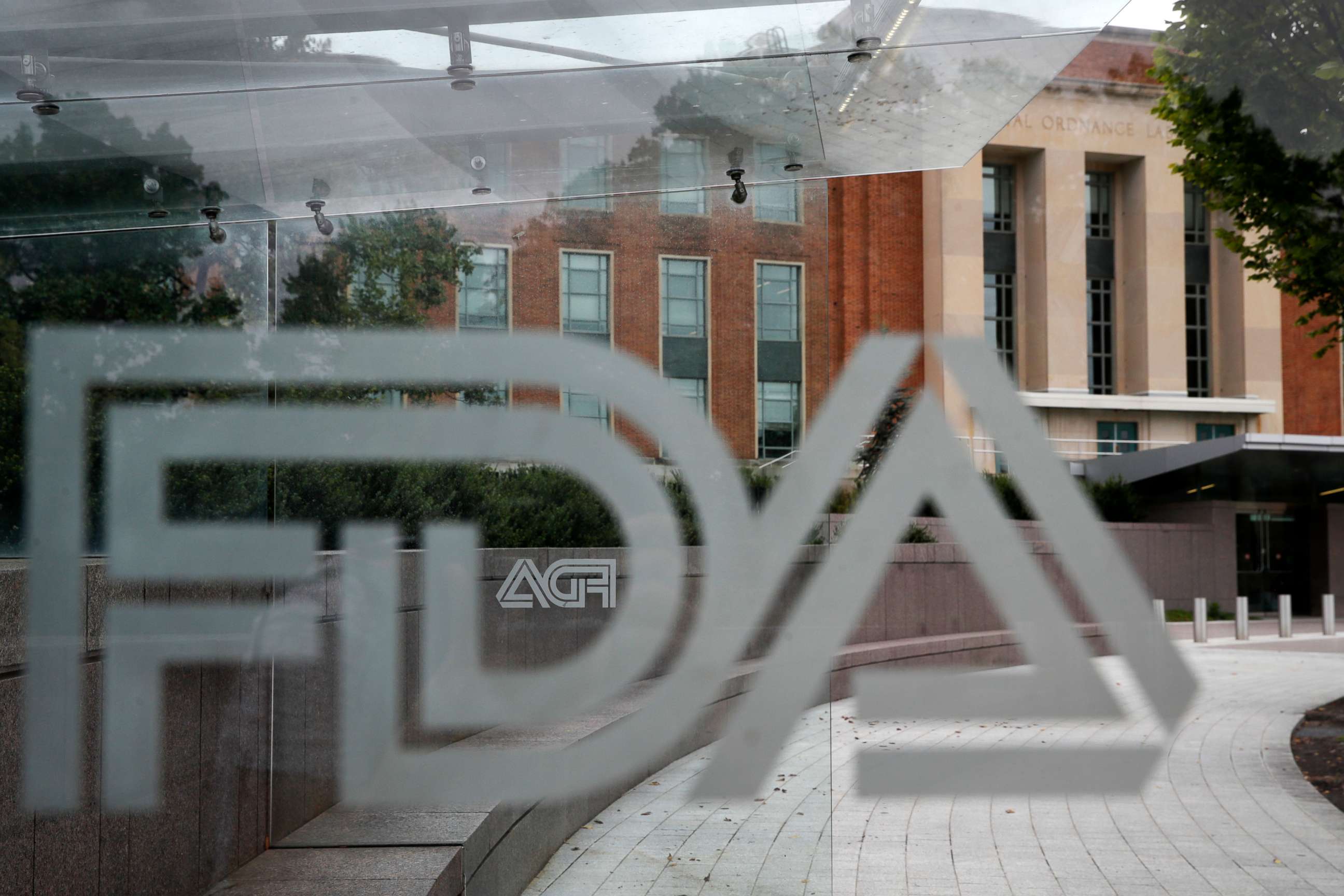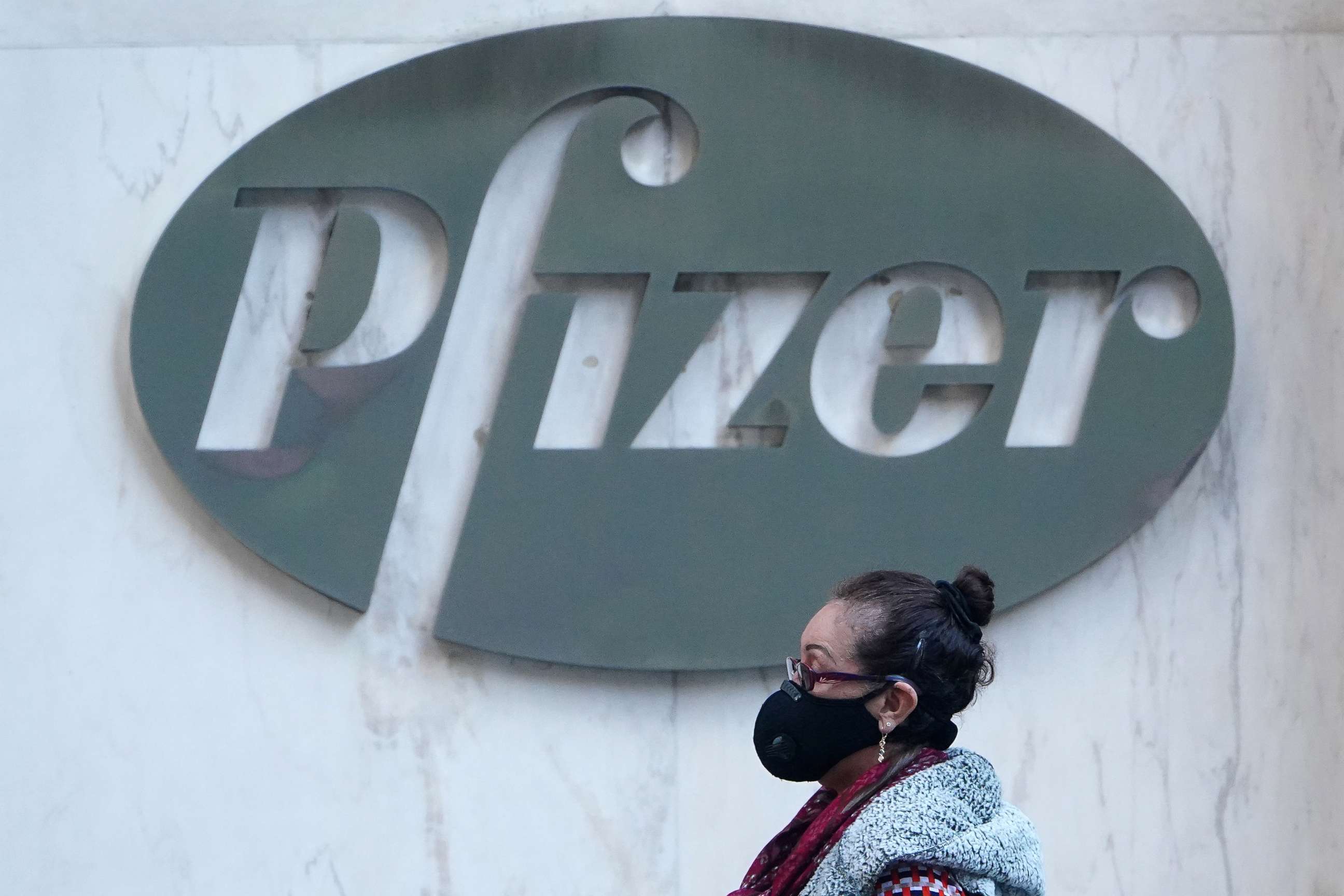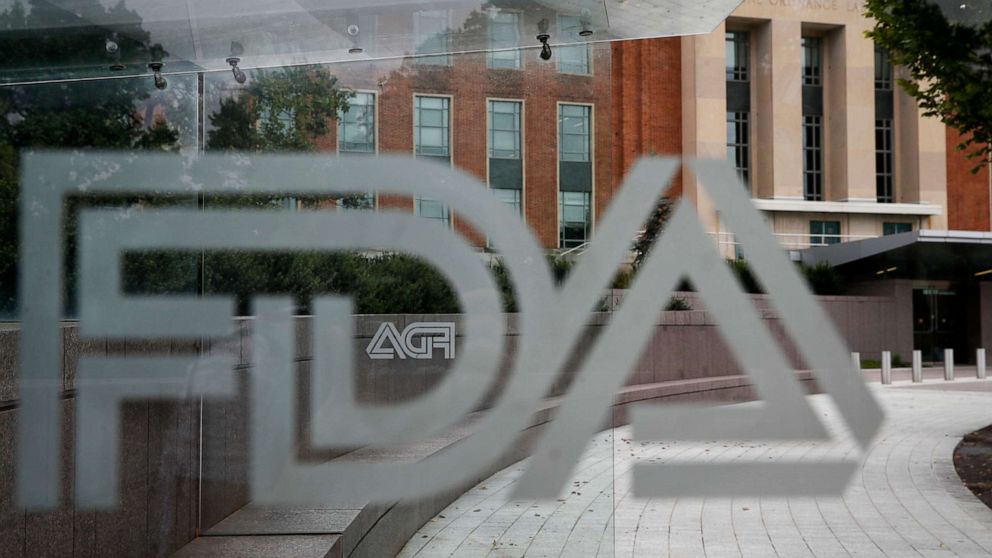Pfizer vaccine 95% effective in final analysis, plans to seek emergency authorization 'within days'
Pfizer and partner BioNTech announced their coronavirus vaccine is more than 95% effective in the final analysis of its massive Phase 3 trial on Wednesday, and has reached a key safety milestone that will allow the company to apply for Food and Drug Administration authorization “within days.”
If the FDA gives the vaccine the green light, Pfizer will likely make history as the first company with an FDA-authorized COVID-19 vaccine. It has plans to start delivering millions of doses of the potentially lifesaving vaccine to the most vulnerable overnight once the government gives a green light, possibly before the end of 2020, the company said.
Just last week, Pfizer and BioNTech announced their vaccine was more than 90% effective, according to a preliminary analysis based on the first 94 patients to develop symptomatic COVID-19 in a trial of more than 43,000 volunteers.
But with the pandemic raging in the United States and across the globe, it didn't take long for even more volunteers to become infected, quickly bringing Pfizer's trial to 170 COVID-positive cases -- exceeding the threshold needed for a "final" analysis on the vaccine's effectiveness.
In a press release, delivered before the stock market opened, Pfizer announced that among the 170 volunteers to develop COVID-19 in the clinical trial, 162 had been given placebo shots, while only eight volunteers to become infected were given the real vaccine.
This means Pfizer's vaccine is roughly 95% effective at preventing symptomatic COVID-19. The updated efficacy data follows news from competitor Moderna, which announced earlier this week that its vaccine was 94.5% effective in its own preliminary analysis.
It’s not known yet what level of immunity or how long the immunity lasts after receiving the vaccines. Trial volunteers will be followed for two years to answer questions like durability of protection.
Pfizer also announced another major milestone Wednesday -- enough safety data to merit FDA authorization.

The FDA requires at least two months of safety data among at least half of the trial volunteers before it will consider granting a limited emergency authorization. Pfizer has now hit key milestones that will allow the company to apply for this limited authorization, which could happen in the coming days.
Once the FDA receives Pfizer's application, it will review the data and convene a panel of outside experts to offer an opinion about whether the vaccine should be authorized. Then, the FDA will make its final decision.
Even if Pfizer's vaccine is authorized, the company may face logistics hurdles. Unlike a similar vaccine from Moderna, which is only a step behind, the Pfizer vaccine must be stored at ultra-cold temperatures of minus 94 degrees Fahrenheit.
Pfizer has promised to publish full details from the trial through a formal scientific review process. Additional details about the trial will become available through the FDA's review process, which the agency has pledged will be transparent to the public.
But Wednesday's press release included some new details about the vaccine's effectiveness, including the fact that it appears to be equally effective across all racial and ethnic groups. Meanwhile, the vaccine was "over 94%" effective in adults older than 65 years old.
Pfizer didn't record any serious safety concerns in its clinical trial. Like most vaccines, the Pfizer vaccine -- which is given in two doses over three weeks -- caused mild side effects. The most common 'grade 3' adverse effects were fatigue, which happened in about 3.7% of volunteers, and headache, in 2%.

Pfizer and BioNTech are also planning to ask the European Medicines Agency -- Europe's version of the FDA -- for permission to distribute the vaccine in Europe, the companies said.
Both of those applications could come "within days," according to the press release. Pfizer says it can produce 50 million vaccine doses by the end of this year, which is enough to give vaccines to 25 million people, each of whom will need two shots.
By 2021, Pfizer expects it will be able to produce 1.3 billion doses globally.




